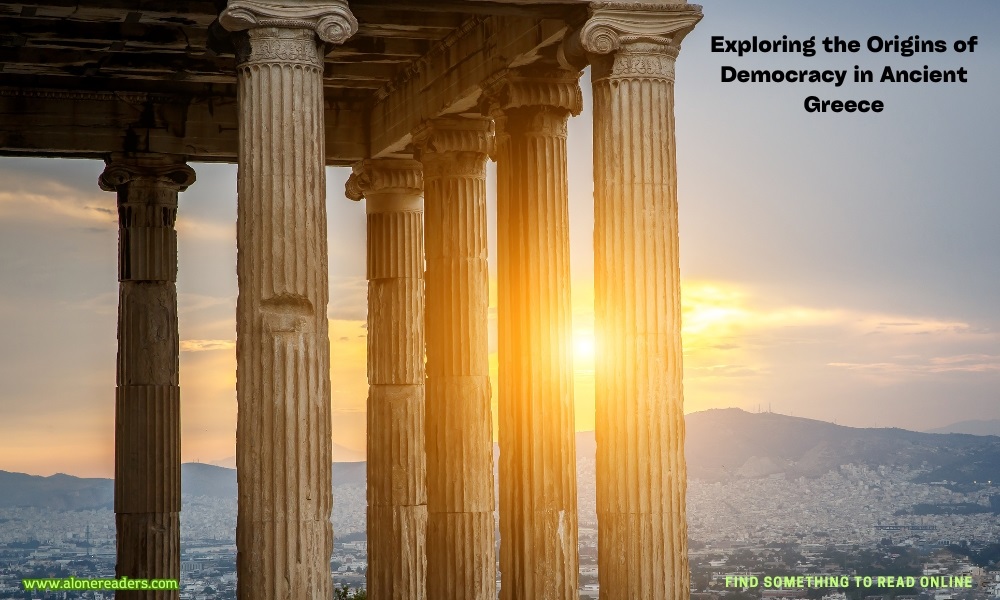
The concept of democracy, which many consider the cornerstone of modern governance, originated in ancient Greece around the 5th century BCE. This revolutionary idea transformed the way states were governed, shifting power from a concentrated few to the many. The birth of democracy in ancient Greece was not a singular event but a series of developments that unfolded primarily in the city-state of Athens.
Ancient Greece was not a unified nation as we understand today, but a collection of independent city-states (known as poleis), each with its own government and way of life. The rugged geography of the region, characterized by mountains and islands, contributed to the political fragmentation and diversity. Among these city-states, Athens emerged as a leader in political innovation.
Before democracy, Athens was governed by aristocrats and later by tyrants. The society was divided into various classes, with power concentrated in the hands of a few wealthy and noble families. The discontent among the lower classes grew as these rulers often abused their power, leading to widespread calls for reform.
The first significant step towards Athenian democracy was taken by Solon in the early 6th century BCE. Appointed as the archon (chief magistrate) of Athens, Solon enacted a series of reforms aimed at reducing the aristocracy's dominance. He restructured the class system, made laws that were more equitable, and introduced the concept of appealing government decisions, laying the groundwork for broader participation in governance.
Cleisthenes, often hailed as the "Father of Athenian Democracy," introduced reforms that decisively broke the power of the aristocracy and increased the involvement of ordinary citizens in the state's affairs. Around 508 BCE, his reforms reorganized the population into ten tribes based on their residence rather than their wealth, which diversified the previously rigid political structure. He established the Council of 500, which helped prepare laws for the assembly and was selected by lot, an early form of political equality.
Central to Athenian democracy was the Ecclesia, or Assembly, where citizens could directly participate in decision-making. All male citizens over the age of 18 were eligible to attend the Assembly, debate, and vote on legislation and policy. This form of direct democracy required active participation and high levels of engagement from its citizens.
Despite its advances, Athenian democracy was not without its flaws and limitations. It excluded women, slaves, and foreigners from political participation. Moreover, the direct nature of the democracy meant that decisions could be swayed by powerful orators or popular sentiment, sometimes at the expense of sound policy.
The principles of Athenian democracy have had a profound influence on modern democratic systems. Concepts such as civic participation, electoral systems, and legislative assemblies have roots deep in ancient Athenian soil. The emphasis on equality before the law and the various institutions established for checks and balances are reflected in many governments today.
The birth of democracy in ancient Greece is a testament to the enduring quest for a just and equitable society. Although ancient Greek democracy was far from perfect, its development marked a pivotal shift in human governance. The legacy of these ancient innovators continues to inspire and influence democratic thought and practice across the globe today.
The evolution of democracy in ancient Greece illustrates how historical contexts shape political institutions and how these institutions can evolve to meet the needs of their people. As we continue to explore and refine our own democratic systems, the Athenian example serves as both a guide and a reminder of the transformative power of civic participation.